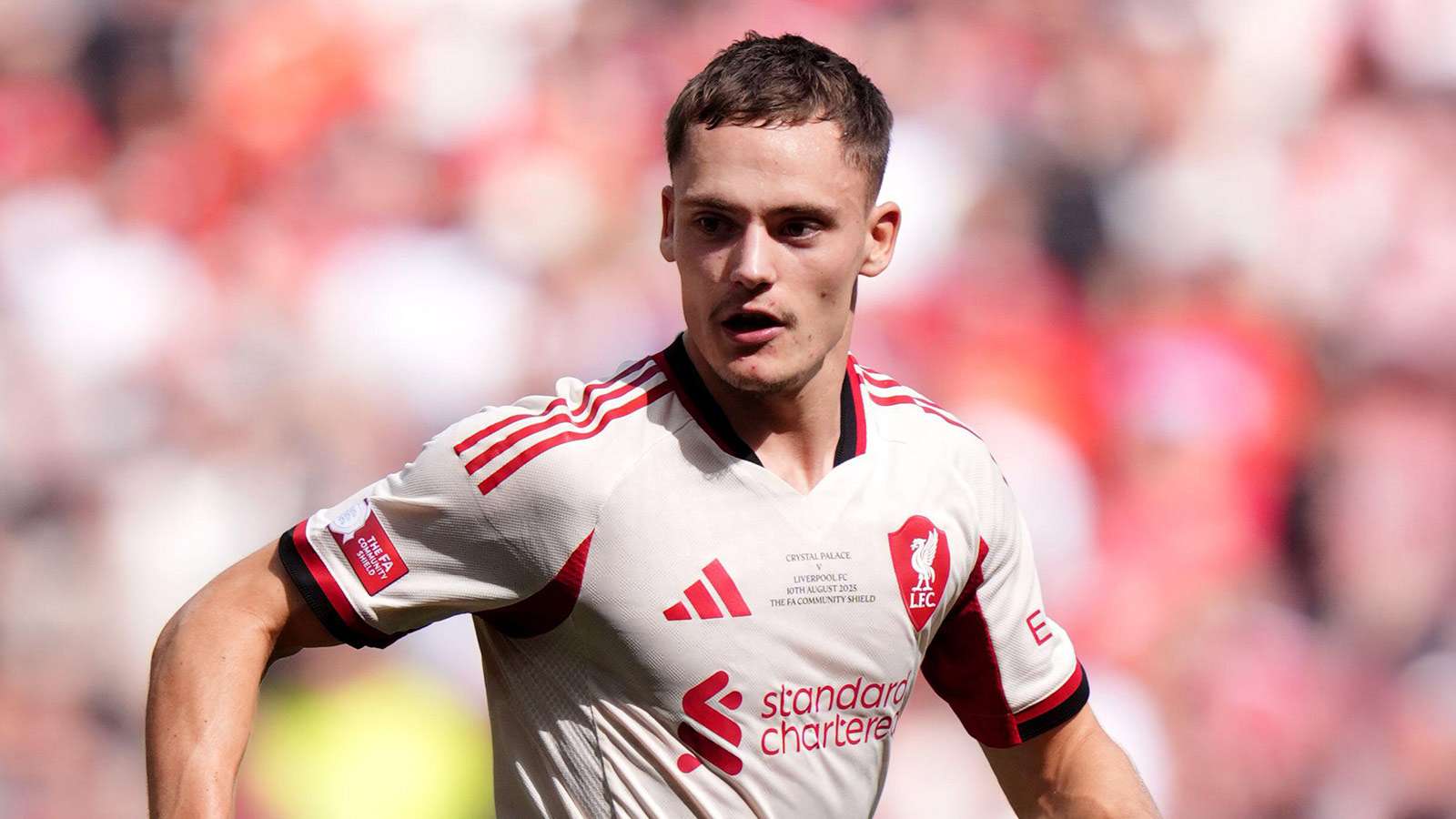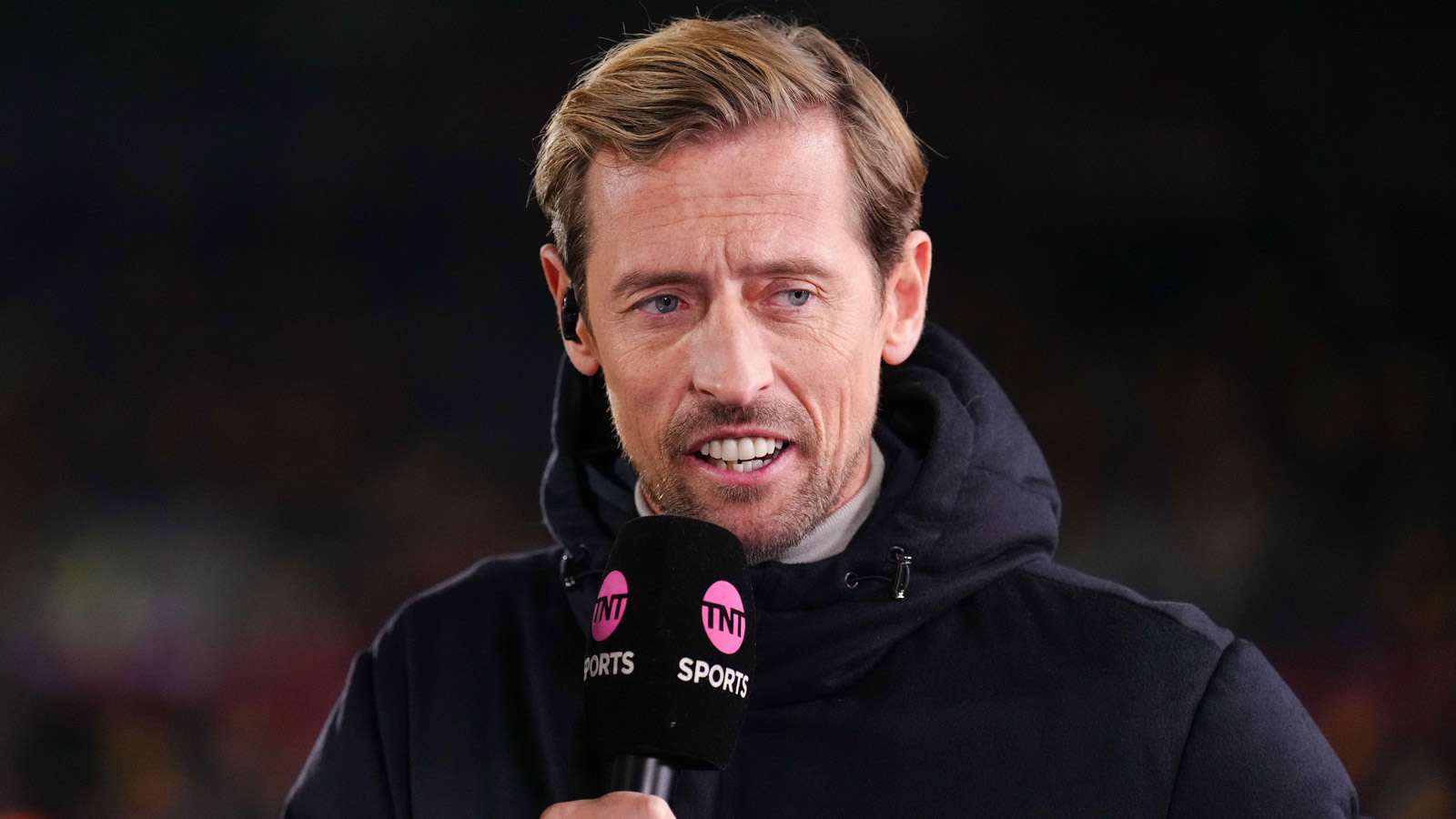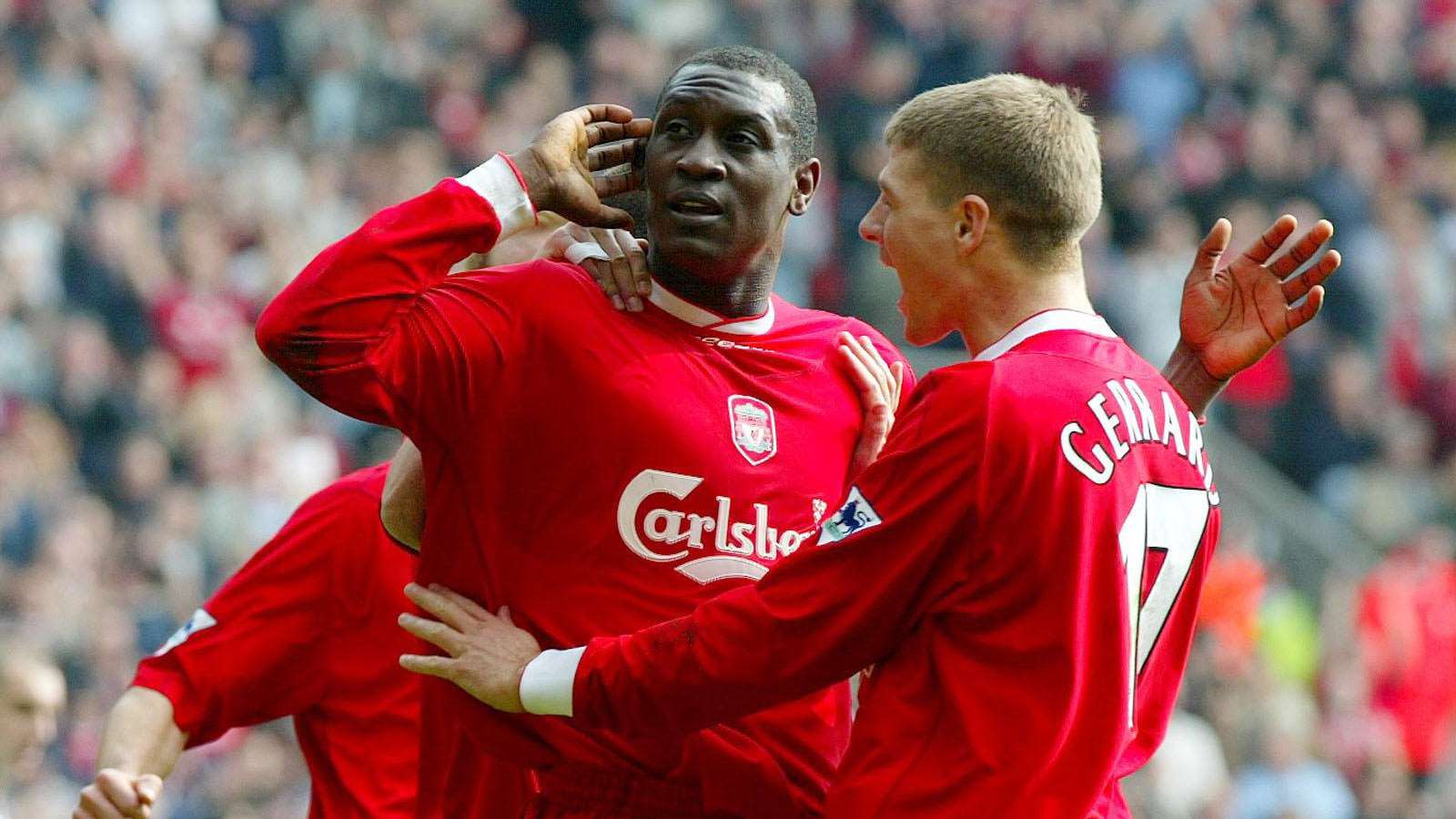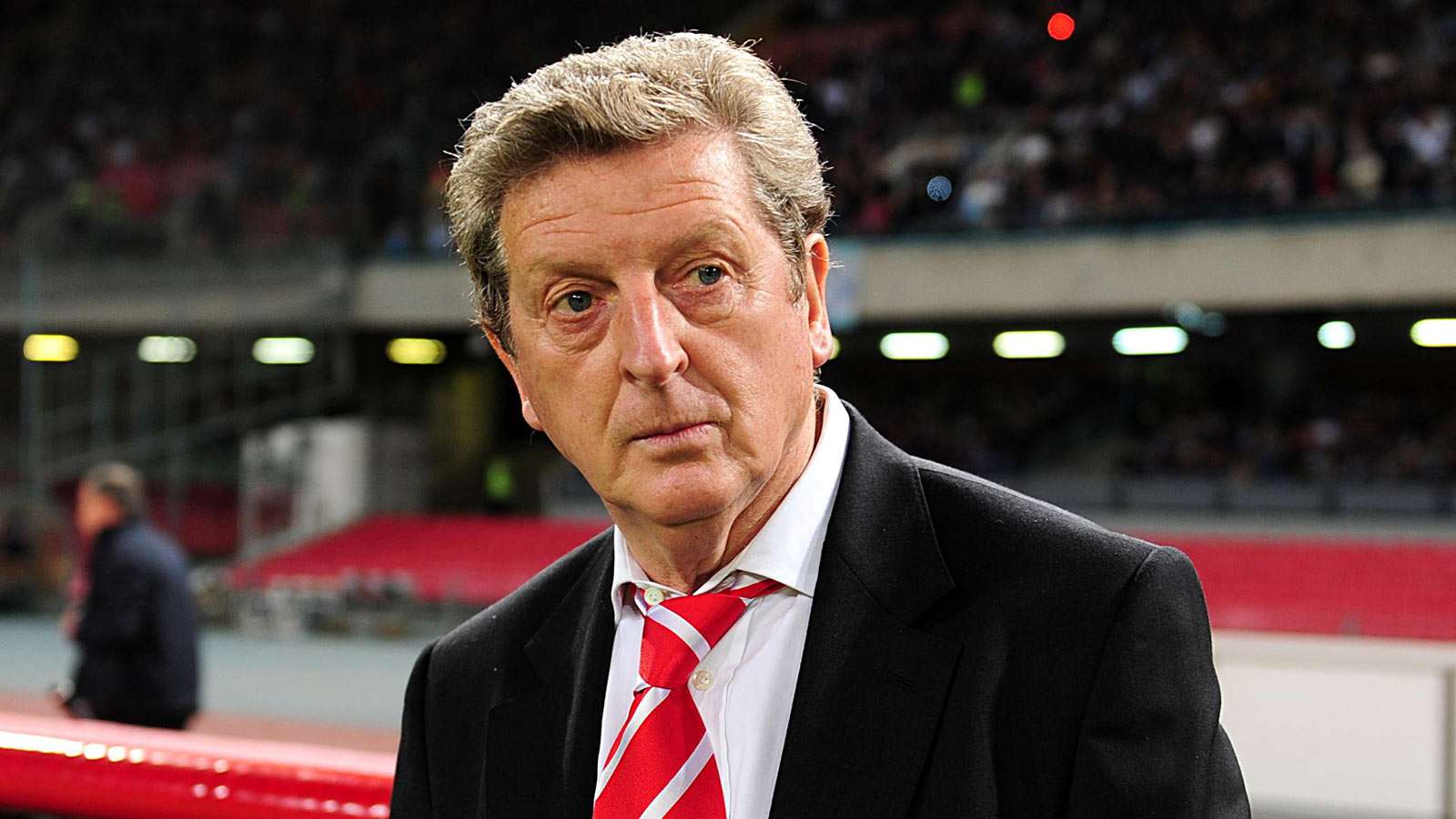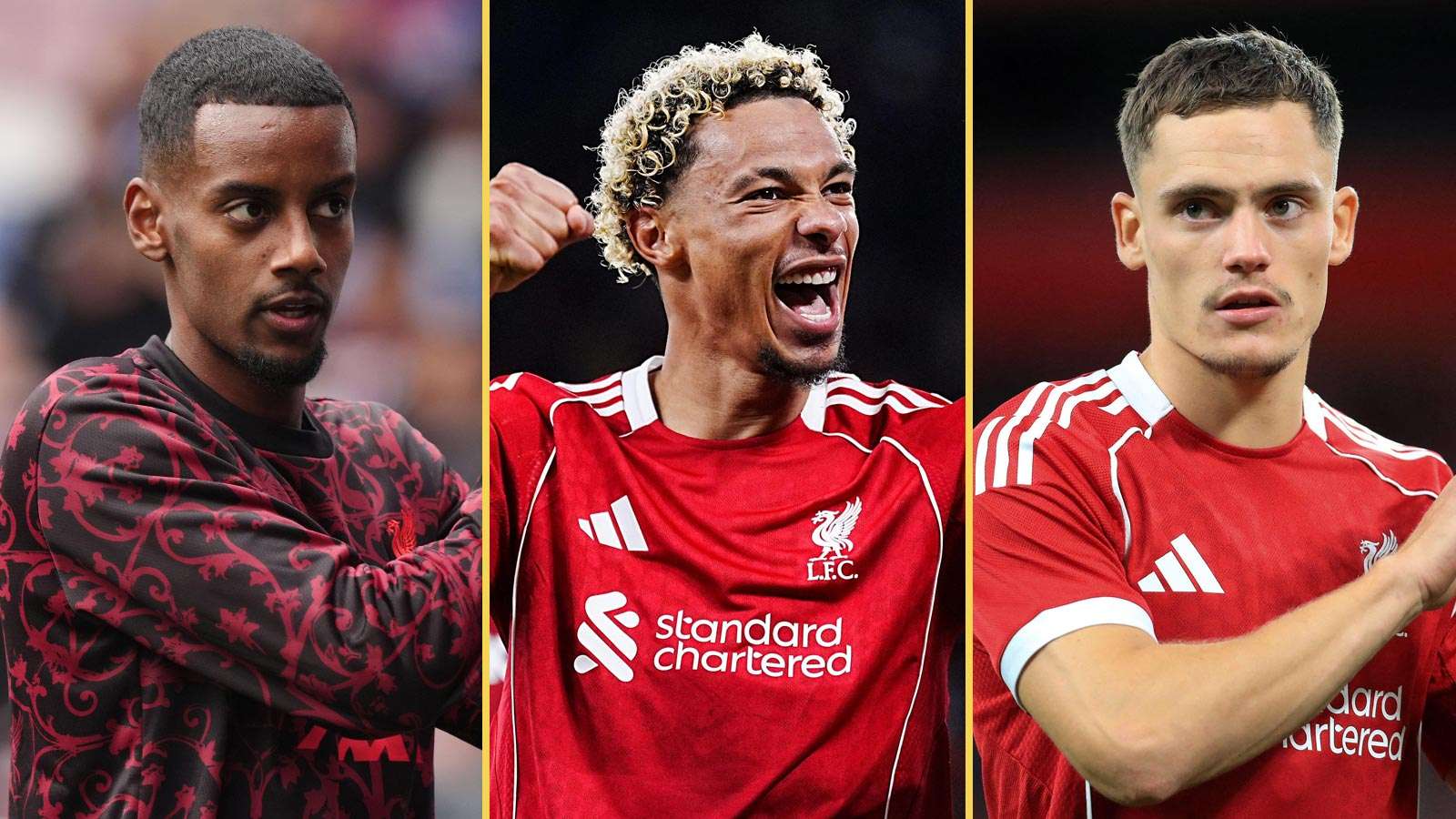Liverpool’s new signings are still finding their feet in the Premier League this season, highlighting the challenge of transitioning to one of the world’s most demanding leagues.
Following Arne Slot’s debut title winning campaign, the Reds went all in on a squad overhaul this summer, investing a staggering £400 million to strengthen every area of the pitch. The ambition was clear to build a team capable of competing at the highest level domestically and in Europe.
Two signings arrived from established Premier League clubs Alexander Isak from Newcastle United and Milos Kerkez from Bournemouth. Both arrived off impressive campaigns, bringing experience and confidence from a league they already understood.
The other arrivals, however, faced a steeper learning curve. Hugo Ekitike and Florian Wirtz were the marquee signings from abroad, each arriving with reputations as elite young talents. While Ekitike has adapted quickly, bringing goals and creativity to the side, Wirtz has struggled to make the same immediate impact.
The 22-year-old German midfielder, a standout talent at Bayer Leverkusen, was widely regarded as one of Europe’s brightest young players. His time in the Bundesliga was marked by consistent brilliance, where he displayed composure, vision, and the ability to dictate the rhythm of games.
Expectations were sky-high when he arrived at Anfield, with many seeing him as a transformational signing for Liverpool’s midfield.
So far, however, Wirtz has only shown flashes of that quality. He has yet to register a goal or assist since the Community Shield, where he set up Hugo Ekitike’s opening goal in the 2-2 draw against Crystal Palace.
His influence on games has not mirrored the command he exerted at Leverkusen, where he played a pivotal role in an unbeaten Bundesliga-winning season under Xabi Alonso.
The criticism has been relentless. Fans, media, and rival supporters have all questioned whether Wirtz can live up to the £116 million tag attached to his move. But one Liverpool legend believes patience is key.
Bruce Grobbelaar, the former goalkeeper who won every major trophy available with Liverpool in the 1980s, has been closely monitoring Wirtz’s progress. Speaking on the Aldo Meets Podcast, Grobbelaar said:
“He’s 22 years of age and some people don’t even become a major player until they’re 27, especially in that midfield role. Yes. In Germany, he had a great run, but now he’s come to the best league in the world.
“Yeah, it is quicker. It’s faster. The brain needs to get quicker. And you can see every single game from the start of the season up until now how he has grown and how he picks out the passes.”
Grobbelaar’s comments underline a vital point: adapting to the Premier League is as much a mental and tactical challenge as it is physical. The pace, intensity, and tactical nuance of English football demand a rapid adjustment, even from elite talents like Wirtz.
Liverpool supporters may have celebrated the summer window as a triumph, with the club signing several high-profile players.
The 22-year-old, however, was the crown jewel a player expected to elevate the midfield with creativity, intelligence, and goal contributions. So far, the transition has been gradual rather than explosive.
Arne Slot’s decision to bench Wirtz during Liverpool’s 2-1 defeat to Chelsea before the international break reflects both the pressure he faces and the manager’s need to balance development with immediate performance.
Slot has the difficult task of integrating Wirtz without stifling his growth, while ensuring Liverpool remain competitive in the Premier League’s unforgiving environment.
The upcoming clash against Manchester United on Sunday offers Wirtz a prime opportunity to prove his worth. He will be eager to demonstrate why he was one of Europe’s most coveted midfielders and justify the £116 million investment.
For the reigning champions the hope is that his adaptation period is short, and that his technical brilliance can soon influence games at a level consistent with his reputation.
While early criticism is understandable in a results-driven sport, voices like Grobbelaar’s serve as a reminder that talent of Wirtz’s calibre often requires time to flourish especially in a league as challenging and relentless as the Premier League.
